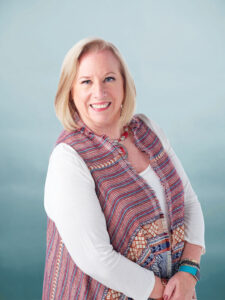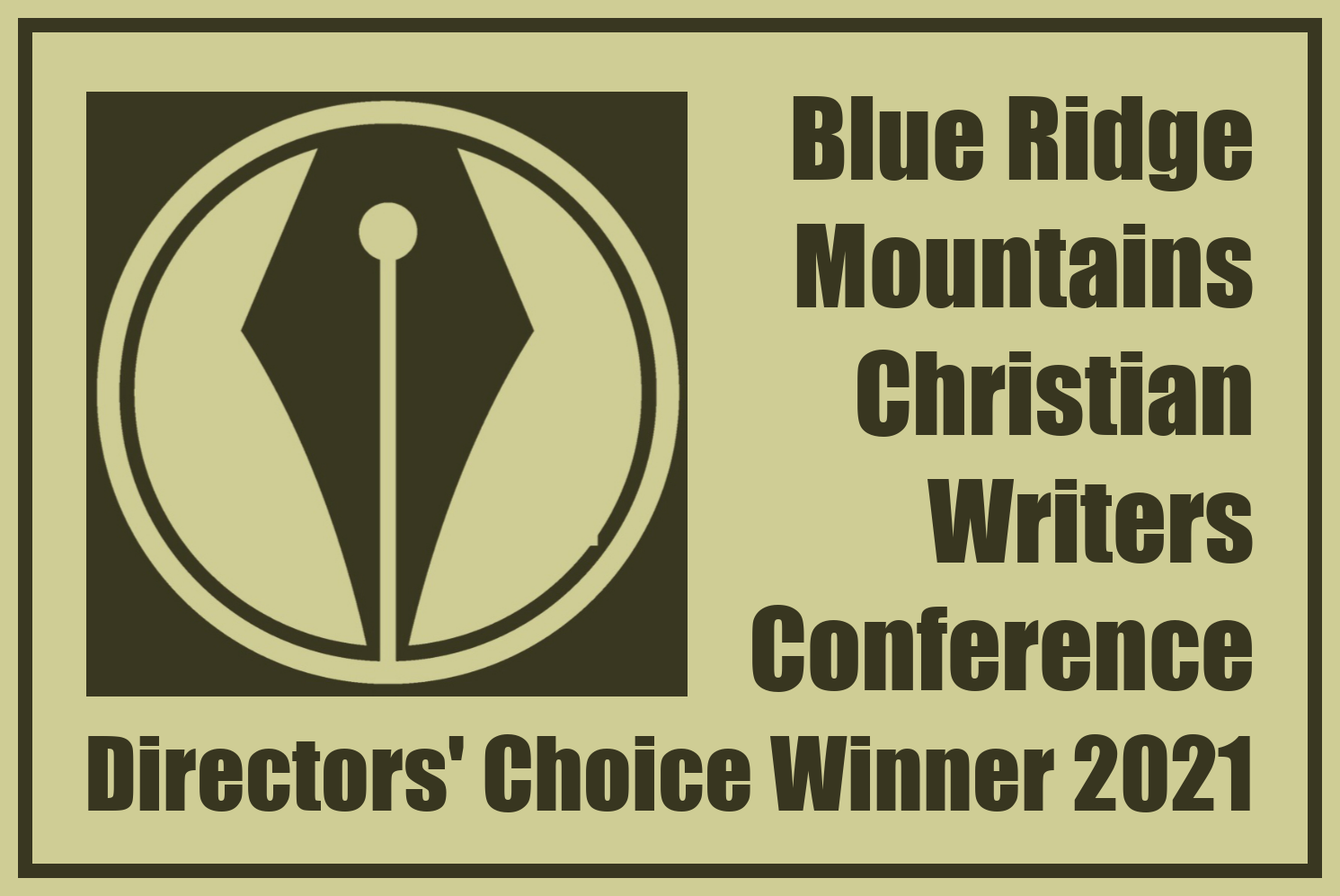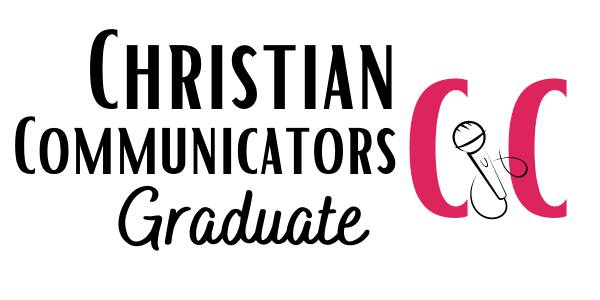Learning to Bloom Again: A Preview
Sometimes books need updating. That’s how it was for From Pain to Peace: The Journey of Forgiveness After Divorce. I pulled it off the shelf, added a new title, cover (Thanks, Amber Weigand-Buckley) and punched up the information.
I’ll soon introduce Learning to Bloom Again; walking through forgiveness after divorce to y’all. A bit more tweaking, but it will be available in paperback and ebook format.
Here’s your first peek:

After writing From Pain to Peace in 2008, I thought I had all the tools needed to heal after divorce. I realized women who sought God’s direction and had learned from past mistakes—their own as well as those made by others—maintained healthy lives after divorce. Many caught the vision and experienced true healing.
Yet, there are still people hurting.
There’s no denying it: pain surrounds divorce. Life lessons remain. Marriages still end. But I stress throughout this book… relationships never end—they only change. Whether the person moves away, remarries, or even dies, though changed, the relationship remains. I learned early: “Do your best to get along with your soon-to-be ex-husband. As long as you breathe, he will always be in your life. One way or another.”
The word divorce has many definitions. In today’s society, it suggests being so upset with a spouse you no longer want them to be part of your life. However, the Greek term for divorce, Aphiemi [pronounced af-EE-ay-mee], means “to forgive” or “go and leave something behind.”
To forgive?
How ironic, the word we use today that conjures up negative feelings in most people was meant to leave a positive impression? That I divorce you can truly mean I forgive you? Anyone who has been affected by the heartbreak of divorce knows it is anything but positive. Forgiveness is often the last thing that comes to mind.
Why Are Post-Divorce Relationships So Important?
Learning how to deal with divorce is a very real issue. In the first edition of From Pain to Peace, I sited The National Center for Health Statistics (2000) report, “The probability of a first marriage ending in separation or divorce within five years is twenty percent. After ten years, the probability of a first marriage ending is thirty-three percent.” Find any marriage blogs today, and you might be encouraged to read divorce rates have declined by eight percent. If you look deeper, however, those statistics don’t take in consideration that many millennials just tend to live together and not marry. (But living together unmarried is a topic for another author … another book.)
The Barna Group, which provides information and analysis regarding cultural trends and the Christian church, noted in December 2000, “Born again adults are more likely to experience a divorce than are non-born again adults (27% vs. 24%).” It only makes sense, then, with a divorce rate this high, we need to prepare ourselves to know how to live life after divorce. God has a plan for us, too. Unfortunately, churches offer little instruction. They are getting better with opening their doors to hurting, broken families, but society today would benefit from more empathy—less judgment and condemnation.
According to a 2008 study from the Barna Group, among those who have said wedding vows, many have already been divorced at least once. Many millennials, because of coming from one-parent homes, choose not to marry. Yet those who do and succumb to divorce still feel the full sting of rejection and failure. Bottom line … most congregations have hurting people carrying real, raw emotional baggage.
How would Jesus help? What would He do?
The Bible tells us once we accept Christ’s grace for our lives and accept Him into our hearts, we no longer have the luxury to hold onto anger—even the anger that can grow from a divorce. Jesus says in Matthew 6, “For if you forgive men when they sin against you, your heavenly Father will also forgive you.” We must offer forgiveness.
Forgiveness is a tough pill to swallow when you’re in the middle of the process. There are still the, But what about—conversations. You’re dealing with real pain.
Don’t fret. You can do this.
First, figure out what forgiveness is. Merriam-Webster’s Dictionary defines “forgive” as “to give up resentment of or claim to requital for.” In “Forgiveness is Not an Option,” Kristine Steakley’s shares how she struggled with understanding forgiveness.
“As I lay there talking to God, I realized my problem was more in understanding forgiveness than in granting it. I imagined forgiveness as the absence of pain and the restoration of trust. I pictured myself running into my former sweetheart. I pictured myself talking to him and smiling and feeling no sadness or apprehension. In short, I thought forgiveness meant going back to the way I was before the hurt had occurred.”
If it is your goal to move beyond the pain of divorce, you can heal and establish a new healthy relationship.
Learning to Bloom Again came from a labor of love—and loathing. I weathered the storm of unforgiveness and struggled through the process of learning how to forgive. I have been divorced three times. The first time I married as a teen to try to fix my life and to fill holes in my heart with a healing relationship I wasn’t prepared to build. This marriage only lasted a few months. It was a mistake from the beginning.
The second divorce came after I married for all the wrong reasons. I thought this man would be a wonderful provider and take care of me—a disastrous foundational reason for a marriage. He, too, was a good man. But this relationship ended in divorce as well.
The third divorce came after I married a man because I was lonely. As you can guess, another tragedy. After the third divorce, I realized I was the common denominator in all my failed marriages. From that realization, I spent years trying to understand why I felt the need to seek value from marriage. Through God’s love, patience, and mercy, He offered me the type of love I needed—a focused relationship with Him before any other.
As flowers push through the spring’s snow to find the sun’s warmth, I, too, reached for sunlight. With this new awareness—along with God’s faithfulness—I set out to find answers for my actions. Through years of prayer and self-examination, I realized I was co-dependent. Only when I addressed my illness did I understand how I had created the mess around me. Along with understanding my actions, I also came to a place of forgiveness—first to myself and then of others.
Learning to Bloom Again reflects my discoveries along the journey. This book is meant to enlighten and inspire. I’ve collected scriptures on relationships. Included are stories—both good and bad—from Christians who are divorced. You’ll see how just as they couldn’t make the marriage work by themselves, they couldn’t make a divorce heathy on their own. It took teamwork … even when the team was broken.
Paul wrote in Romans: “If possible, as far as it depends on you, live at peace with everyone.” We can only control our own actions—no one else’s. Do what you can but learn to accept that others are responsible as well.
I pray Learning to Bloom Again helps you find the answers you’re seeking. They may be here, ready to offer you a new contentment. I hope you, too, find the peace that surpasses all understanding. That kind of peace only comes from a relationship with Christ. May this book help you reach into the dark corners of your heart. Not just to treat the symptoms of anger, resentment, and unforgiveness, but to allow Christ to heal your soul.
I spent the early years of my adult life trying to control and looking for quick answers. But there were no shortcuts, no quick fixes. Healing forgiveness cannot be accomplished on your own; it’s only found in God’s mercy and grace.
Discouraged? Don’t be. As with anything with value, time needs to be invested. This book offers suggestions to prosper healing. You will learn:
- How to accept your pain
- How to see the necessity of forgiveness
- How to find a start for forgiveness
- How to apply Scripture to your process
I challenge you to open your mind as well as your heart when reading Learning to Bloom Again. If you find healing, know God gets all the glory for it. He helped me find my way through a dark journey of healing after divorce. He can help you, too.
May God bless you and the time you are investing in searching for assistance in your own healing.




The Conversation
Excited for the new release of this book. It is very relevant and will help many find healing in their journey.
Hi Donna –
Thanks for the comment!
There’s never a shortage of hurting people from the ravages of divorce.
See you soon. 🙂
Robin
May your book be carried to the heart broken for restoration and redemption. Writing about our journeys helps others to see where victories can be found.
Your statement, “I divorce you can truly mean I forgive you” is a lfe changer in the healing process.
Write on!
Hi Carolyn –
I treasure your replies. May God continue to guide your steps as your paths cross with fortunate journeyers … like me.
Hugs and blessings, dear friend.
Robin